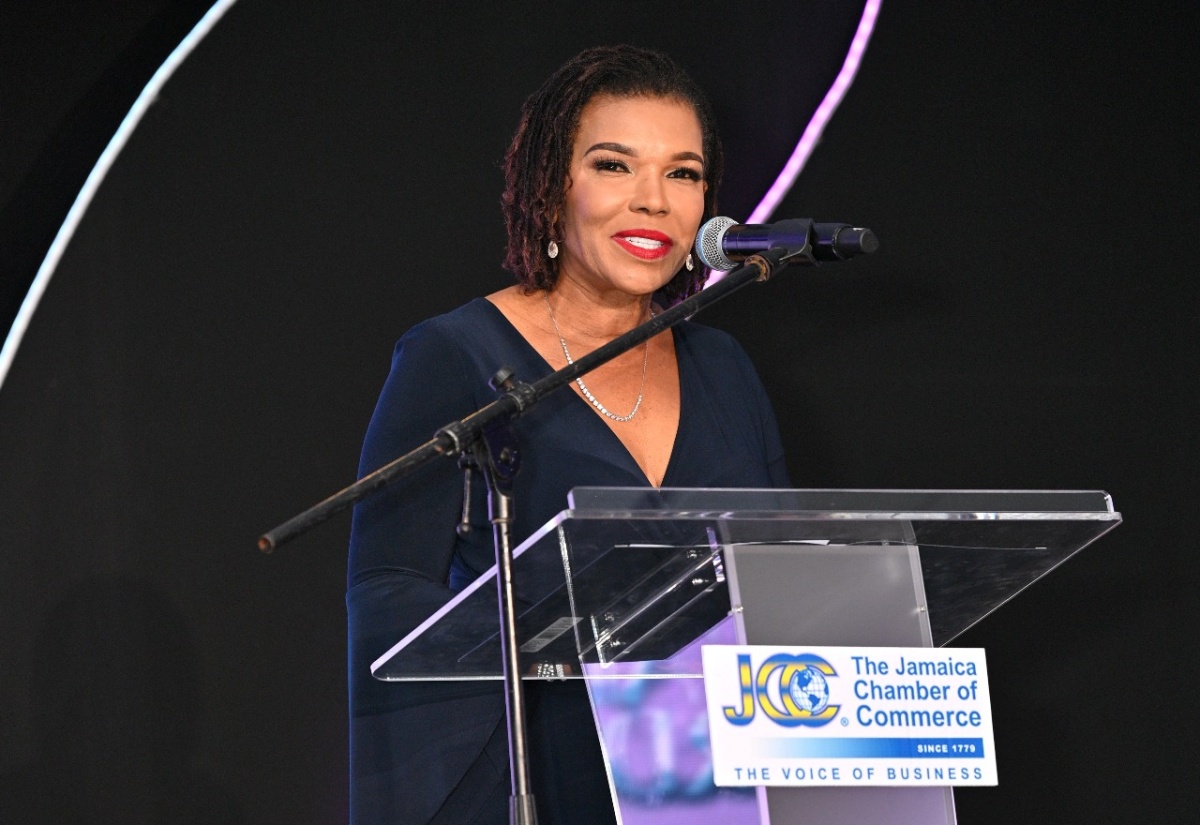Businessuite Women
Who makes better leaders Men or Women?
Organizational performance and leadership excellence are intimately connected, and whether male or female, if as a leader you are attempting to guide an organization using outdated strategies coupled with old world attitudes, competitive edge will be lost, while harnessing and maintaining your talent pool will be challenging.

Businessuite Women
Data Mavericks of the Caribbean: Raquel Seville & Dataffluent’s Visionary Rise
Businessuite News24
Private Sector Urged to Champion Productivity
“Equity means ensuring access to financing, financial inclusion, fair treatment under regulation, and a level playing field for all, including women, youth, and marginalised communities,” she said.
Businessuite Women
Dorothea Gordon-Smith Marks 50 Years of Quiet Power in Waste Management
Gordon-Smith has never been one to seek the spotlight. Her legacy is not one of noise or flash—but of consistency, care, and conviction. In an industry that rarely sees women at the top, she not only rose—she transformed what leadership looks like.
Businessuite Women
Who is Safia Cooper?: Steering Pulse Investments into a New Era
Businessuite Women
Corporate Movements: Margaret Campbell Appointed CEO of GKMS Group; Lee-Anne Bruce Named COO
-

 Businessuite Markets4 weeks ago
Businessuite Markets4 weeks agoScotia Group Delivers 19% Q2 Profit Growth, Net Income Hits $5B for the Quarter
-

 Businessuite News242 weeks ago
Businessuite News242 weeks agoIndia’s 10-Minute Delivery Boom: A Blueprint for Disruption—and a Wake-Up Call for Caribbean Courier Companies
-

 Businessuite News245 days ago
Businessuite News245 days agoBusinessuite Special Report P4 | Homegrown Disruption: InterMetroONE & Walkbout.com Position Jamaica’s Answer to Uber–Airbnb
-

 Corporate Feature2 weeks ago
Corporate Feature2 weeks agoNot Just Vanity Metrics: A Digital Leader Focused on What Matters
-

 Businessuite News24 International2 weeks ago
Businessuite News24 International2 weeks agoIndia’s 10-Minute Delivery Boom: Reshaping Retail, Logistics, and Urban Spaces
-

 Businessuite Women2 weeks ago
Businessuite Women2 weeks agoDorothea Gordon-Smith Marks 50 Years of Quiet Power in Waste Management
-

 Businessuite Markets7 days ago
Businessuite Markets7 days agoEduFocal Faces Equity Deficit of $135M Amid $314M in Accumulated Losses
-

 Business Insights4 weeks ago
Business Insights4 weeks agoYou Can’t Fix What You Can’t See: Why Jamaica Broilers’ U.S. Collapse Wasn’t Just Financial, It Was Strategic












 In early 2024, Jamaican technologist Raquel Seville founded Dataffluent Limited to address a critical void: Caribbean markets lacked reliable, structured financial data. The startup’s mission is audacious yet essential—to “democratise data for underserved markets,” empowering investors, analysts, and companies to navigate with clarity in regions traditionally seen as opaque .
In early 2024, Jamaican technologist Raquel Seville founded Dataffluent Limited to address a critical void: Caribbean markets lacked reliable, structured financial data. The startup’s mission is audacious yet essential—to “democratise data for underserved markets,” empowering investors, analysts, and companies to navigate with clarity in regions traditionally seen as opaque .


 Safia’s journey with Pulse began in earnest in 2012 when she joined as Director of Sales and Marketing. Her prior experience included managerial roles at Red Stripe Jamaica and Diageo Brazil, where she honed her skills in brand management and strategic marketing. She holds a BSc in International Relations from the University of the West Indies and an MBA from Nova Southeastern University.
Safia’s journey with Pulse began in earnest in 2012 when she joined as Director of Sales and Marketing. Her prior experience included managerial roles at Red Stripe Jamaica and Diageo Brazil, where she honed her skills in brand management and strategic marketing. She holds a BSc in International Relations from the University of the West Indies and an MBA from Nova Southeastern University.




